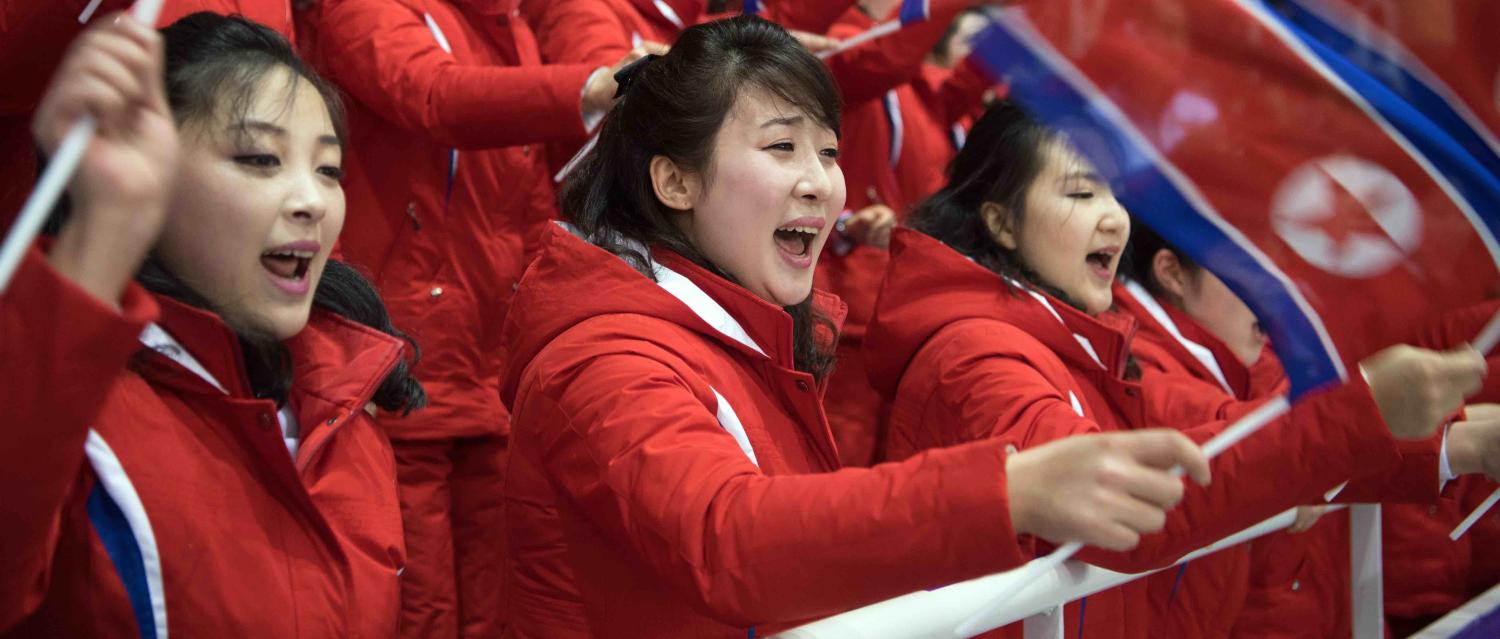A recent report from the UN sanctions committee suggests that North Korea has been able to generate an estimated US$200 million from illicit dealings in the past year. Coal is being exported to China, Malaysia, Russia, and Vietnam in violation of current sanctions, and weapons (and materials for weapons production) have been sent to Myanmar and Syria over the past half-decade.
Does this mean that sanctions aren’t working?
Not quite. Sanctions, and Chinese enforcement of them, are having an effect, but some of the consequences of tightening sanctions are perhaps unintended. Interviews during the past six months that my research team conducted with north-eastern Chinese businesspeople involved with North Korea suggest two things.
First, China seems to have subtly changed its tune on North Korea. Businesses pointed out that Chinese authorities became less sanguine about smuggling into and out of North Korea from the first half of 2017, something that had never (according to them) happened before. The government reassigned many local Chinese officials who had looked the other way at shady dealings along the border, and warned smugglers that the government would no longer distinguish between “bad smuggling” of weapons and drugs, and “good smuggling” of everything else.
As a result, smuggling networks along the border seized up. Chinese businesses moved on to other things, and North Korean black markets along the border began to struggle.
Beginning in the middle of 2017, the Chinese government began to slow trade with North Korea in the name of conducting inspections to enforce sanctions. This led to a diplomatic spat between China and North Korea, and the departure of many North Koreans from China, and vice versa, thus destroying many of the business networks that had developed over years.
China appears to be following a strategy of encouraging all trade with North Korea, both legal and illegal, into routes and forms that can be more easily monitored (and cut off when desired) by the Chinese government, apparently to increase China’s leverage over North Korea.
China does not want North Korea to fall apart, and does not intend for sanctions to have that effect. Much of the disagreement about sanctions enforcement stems from a disconnect between how China views sanctions – as a means to signal its displeasure with North Korea, without pushing it to the brink of collapse – and how the US views sanctions. This means that, aside from continuing humanitarian aid even as it cracks down on trade with North Korea, China may have reason to look the other way at certain North Korean activities, in order to allow the regime to survive.
The ship-to-ship oil transfers detected by the US last autumn are one example of this. China may have (possibly temporarily) cut off smuggling across the land border, but smuggling at sea that doesn’t use Chinese facilities, or take place in Chinese territory, is less of a concern.
Yet enforcing sanctions will become more problematic. Two inevitable problems have arisen during the past two years, as UN sanctions have moved from attempting to stop the trade of weapons of mass destruction and missile technology to banning trade in mundane items, such as seafood, textiles, and coal.
First, the mundane items now sanctioned would attract suspicion from investigators only because they come from North Korea. If their origin is concealed, they are more difficult to detect than other items, including those on a list of dual-use goods subject to export controls. In what way does North Korean seafood differ from north-eastern Chinese seafood? Even before the UN banned North Korea exports, much of the seafood being sold in north-eastern China originated in North Korea but was marketed as Chinese.
Second, the sanctions are now not only affecting the main state companies but also the livelihoods of private and hybrid businesses in North Korea. Non-state or public/private businesses (albeit ones that have often made some accommodation with North Korean state officials) are more likely to be involved in mundane trade than weapons-related trade, and it is these firms that were often smuggling goods to and from China.
Private and hybrid firms also have fewer resources to get around sanctions. The sanctions-busting activities (apparently) discussed in the UN report – ship-to-ship transfers in international waters, falsified shipping and origin documents, foreign brokers, and the like – are transactions that would largely be carried out, with a sufficiently complex set of front companies, by North Korean state trading firms with the resources and prerogatives of the state behind them. North Korea’s private and hybrid businesses are not capable of these activities.
The result is that tightening sanctions are not only more painful for the average person in North Korea but also harder to enforce against entities with the resources to obfuscate the origins and routes of their goods; namely, state trading firms.
North Korea’s sudden entry into the Pyeongchang Winter Olympics, and the historic handshake between Kim Jong-un’s sister, Kim Yo-jong, and South Korean President Moon Jae-in, do not change the fundamental calculus for North Korea. Kim Jong-un needs hard currency to build his nuclear weapons and pay off his elite supporters, or at least to provide those supporters with business opportunities to make their own money.
The illicit transactions that continue even under sanctions serve both functions for Kim Jong-un, and he has no choice but to continue to try and bust the sanctions.

